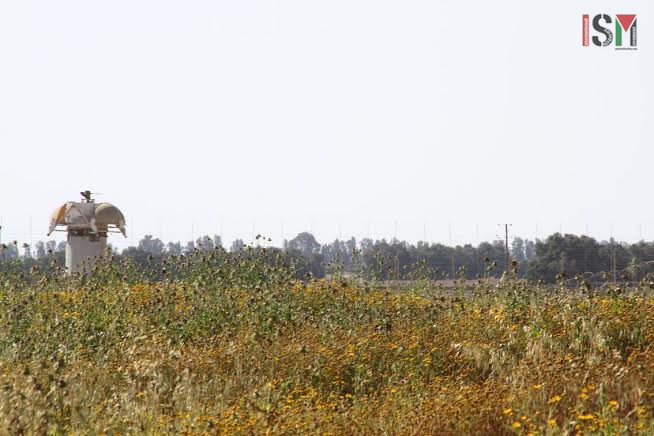Category: Video
-
VIDEO: Israel forces once again open fire at Palestinian farmers in Gaza
3rd April, 2015 | Miguel Hernández | Khuza’a, Gaza, Occupied Palestine As soon as we arrived at the land where the farmers wanted to work, about 80 meters from the zionist fence which borders and cuts of the Gaza Strip, an Israeli occupation military jeep stopped in front of us. A group of soldiers left the car and started shooting…
-
Nabi Saleh Land Day Protest met with extreme violence and M16 live ammunition
30th March 2015 | International Solidarity Movement, Ramallah team | Nabi Saleh, Occupied Palestine On the 28th of March 2015, close to 200 protesters from all over the West Bank gathered in Nabi Saleh to protest the occupation in commemoration of Land Day. The protest was met with extreme violence as the Army and Border Police fired…
-
VIDEO: Children assaulted and 3 women arrested at Nabi Saleh demonstration
21st March 2015 | International Solidarity Movement, Ramallah Team | Nabi Saleh, Occupied Palestine Israeli forces arrested three women in Nabi Saleh and injured several protesters, one with live ammunition, during the village’s weekly Friday protest on March 13. The demonstration was met with the usual military violence as Israeli forces threw stun grenades and fired live ammunition at unarmed and peaceful protesters. After…



